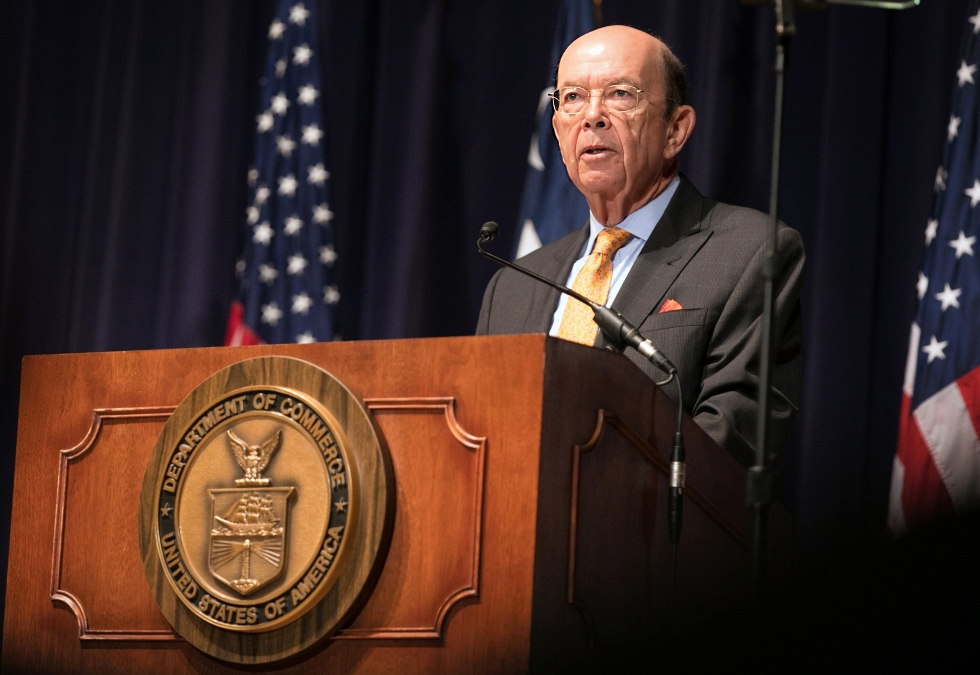
Wikimedia Commons
A report published at the end of March by the Center for Public Integrity raised concerns about possible conflicts of interest for Commerce Secretary Wilbur Ross ’59.
According to the report, Ross plans to retain his stake in Diamond S. Shipping Group Inc., one of the world’s largest owners and operators of tanker vessels. But the company’s vessels sail under Chinese flags and, according to the group’s 2014 filing with the Securities and Exchange Commission, the company may continue to go to ports in countries under American sanctions and embargoes, such as Cuba, Iran, Sudan and Syria, the report states. In his required ethics agreement with the federal government, Ross agreed to resign from his position as nonexecutive chairman of the company to become a passive investor but told senators at his confirmation hearing that keeping his stake in the company would not create a conflict of interest.
“The research we’ve done suggests that there has never been a shipping case come before the Department of Commerce,” Ross said. “We don’t take any risk in the cargo. We simply are like a taxi cab. They put cargo, we discharge it in another location and we’re paid a fee for so doing.”
Still, some ethics lawyers have questioned Ross’ continued involvement with the company. Richard Painter LAW ’87, chief White House ethics lawyer under the George W. Bush administration, said Ross should sell his shares in the shipping company, given that many broad trade decisions would affect Diamond’s success.
According to Ross’ ethics agreement, he will not take any action that directly affects his financial holdings unless he first obtains a waiver from President Donald Trump permitting him to do so.
During his senate confirmation hearing, Ross pledged to specifically recuse himself from any issue involving Diamond’s vessels. But Painter said almost any trade decision would create a predictable effect on the shipping company’s success.
“It’s really a question of simple economics whether a certain trade negotiation’s outcome is likely to affect the value of the shipping company, but if it does, he’s legally required to not participate in that matter,” Painter said. “If he holds onto the shipping company, he could be required to recuse from some, if not many, trade negotiations.”
Painter speculated that Ross did not divest from the shipping company because selling privately held shares is difficult, given that they are not listed on any stock exchange. President Donald Trump’s rhetoric concerning a possible trade war also likely discourages potential buyers, as a trade war would push down the value of any shipping company.
But Ross’ continued involvement with the shipping company could shut him out of the very trade negotiations that must occur for his shares to be sold and possible conflicts of interest resolved, according to Painter, and the breadth of most trade agreements would likely compel Ross to recuse himself from most related issues.
“Trade agreements tend to be very far-reaching,” he said. “They cover everything from clothes to chemicals to intellectual property. If [a trade agreement] covers [products] that could be shipped on his ships, whether that trade agreement goes through or not may very well affect the success of his shipping company.”
The Senate confirmed Ross as secretary of commerce on Feb. 27.







